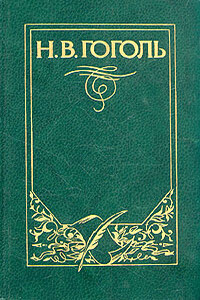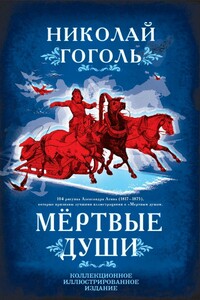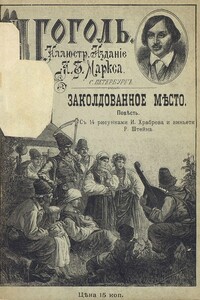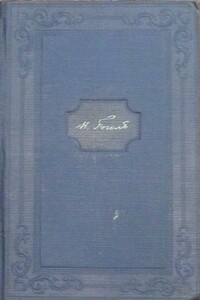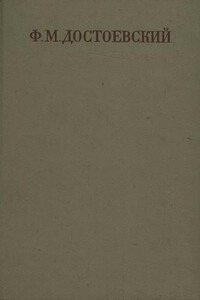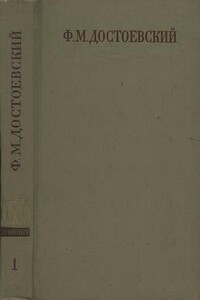| In place of the original provinces with their petty towns, in place of the warring and bartering petty princes ruling in their cities, there arose great colonies, kurens, and districts, bound together by one common danger and hatred against the heathen robbers. | Вместо прежних уделов, мелких городков, наполненных псарями и ловчими, вместо враждующих и торгующих городами мелких князей возникли грозные селения, курени и околицы, связанные общей опасностью и ненавистью против нехристианских хищников. |
| The story is well known how their incessant warfare and restless existence saved Europe from the merciless hordes which threatened to overwhelm her. | Уже известно всем из истории, как их вечная борьба и беспокойная жизнь спасли Европу от неукротимых набегов, грозивших ее опрокинуть. |
| The Polish kings, who now found themselves sovereigns, in place of the provincial princes, over these extensive tracts of territory, fully understood, despite the weakness and remoteness of their own rule, the value of the Cossacks, and the advantages of the warlike, untrammelled life led by them. | Короли польские, очутившиеся, наместо удельных князей, властителями сих пространных земель, хотя отдаленными и слабыми, поняли значенье козаков и выгоды таковой бранной сторожевой жизни. |
| They encouraged them and flattered this disposition of mind. | Они поощряли их и льстили сему расположению. |
| Under their distant rule, the hetmans or chiefs, chosen from among the Cossacks themselves, redistributed the territory into military districts. | Под их отдаленною властью гетьманы, избранные из среды самих же козаков, преобразовали околицы и курени в полки и правильные округи. |
| It was not a standing army, no one saw it; but in case of war and general uprising, it required a week, and no more, for every man to appear on horseback, fully armed, receiving only one ducat from the king; and in two weeks such a force had assembled as no recruiting officers would ever have been able to collect. | Это не было строевое собранное войско, его бы никто не увидал; но в случае войны и общего движенья в восемь дней, не больше, всякий являлся на коне, во всем своем вооружении, получа один только червонец платы от короля, - и в две недели набиралось такое войско, какого бы не в силах были набрать никакие рекрутские наборы. |
| When the expedition was ended, the army dispersed among the fields and meadows and the fords of the Dnieper; each man fished, wrought at his trade, brewed his beer, and was once more a free Cossack. | Кончился поход - воин уходил в луга и пашни, на днепровские перевозы, ловил рыбу, торговал, варил пиво и был вольный козак. |
| Their foreign contemporaries rightly marvelled at their wonderful qualities. | Современные иноземцы дивились тогда справедливо необыкновенным способностям его. |
| There was no handicraft which the Cossack was not expert at: he could distil brandy, build a waggon, make powder, and do blacksmith's and gunsmith's work, in addition to committing wild excesses, drinking and carousing as only a Russian can-all this he was equal to. | Не было ремесла, которого бы не знал козак: накурить вина, снарядить телегу, намолоть пороху, справить кузнецкую, слесарную работу и, в прибавку к тому, гулять напропалую, пить и бражничать, как только может один русский, - все это было ему по плечу. |
| Besides the registered Cossacks, who considered themselves bound to appear in arms in time of war, it was possible to collect at any time, in case of dire need, a whole army of volunteers. All that was required was for the Osaul or sub-chief to traverse the market-places and squares of the villages and hamlets, and shout at the top of his voice, as he stood in his waggon, |


